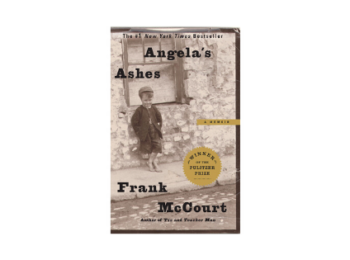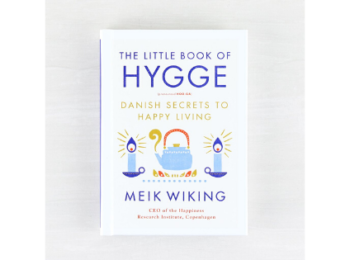
You open your eyes, and see darkness.
Wait, no, it’s not exactly darkness. It’s the moment before the sunrise, soon peering from the windows. It will be morning soon.
It’s cold, very cold. They did not turn on the heaters again.
You shift uncomfortably on your wooden bed. You have bed sores all over, and you feel too stiff to move. Besides, you wouldn’t really be able to move, as you’re fastened to the bed with a clasp.
You long to get up, to be held, to feel human warmth. You, however, dread the incoming footsteps, because you know it will be them, with only their harsh words and unbearably painful slaps in tow.
You cry silent tears. Even though you are only a few months old, you know that this is how your life will be, ever since your mother abandoned you, since you are not a boy, or because of your handicap.
The door opens, and you stifle your cries. (They will only hit you harder if they hear you.) Instead of the usual cold words, you hear a pleasant foreign voice, speaking as if trying to reach out to you – and reach out to you it has.
Gently, very gently, someone carries you in their arms. She clicks her tongue as she feel your backside, murmuring angry words that seem to not be directed to you. She presses her lips on your cheek, and carries you around. You think she has named you as a girl, but you do not mind. You only feel the warmth of her touch, and wish that this moment will never end.
You smile.
—
This is a compilation of diary entries from an American woman who volunteered at an orphanage in a seemingly rural Chinese district. She enters the chaotic area with nothing but an idealistic whim – that she wants to spend her idle time helping out the social workers with unfortunate kids. Little does she know that there is much more, oh, so much more to take care of than just a handful of children.
Silent Tears: A Journey of Hope in a Chinese Orphanage is not exactly an easy book to read, especially if you’re new to the problems that plague today’s society. If you’ve never known what it means to be hungry, to lose a home, to have a death in the family… if you’ve always had a comfortable life (such as the author herself), this book will be very difficult to take in.
In these halls, you see no color, only a drab gray that these children stare at – day in and day out. In these halls, you see babies who do not even cry, because they know that with each tear a sharp slap on the face will immediately come. In these halls, you will see tired social workers, whose workload is so large that they hurry so much so they could get all their chores done before they go home (and thus have no time for actually caring for the children). In these halls, you see no hope.
It is frustrating to listen to the author, as she tries to make little changes to better the lives of these little ones – and gets hampered almost every step of the way. It is heartbreaking to hear her try to get herself together, especially after a baby she has been holding on to only yesterday dies the next day. It is tear-jerking to know of her struggles to get through to director after director, if only to get to the hospital a little girl who is desperately in need of the ICU.
I admire her for her courage, and I salute her for her not giving up in her quest for giving hope to this orphanage.
This book will tackle, in particular, the kids of the orphanage – from baby, to toddler, to special needs children. It does not dwell much on the abandoned adults, although they are also mentioned in passing.
This book also tells of an expatriate’s journey of getting across the language barrier in order to buy groceries, of getting over the theft of their brand new bicycle, of getting stares and unkind words because she is a foreigner. It looks into her life as she struggles to learn Mandarin, as she tries to ask the driver to pay her the attention that he pays her husband (because he is a man while she is a woman), as she soothes herself knowing she won’t be home to be there for her daughter’s birthday.
It’s kind of like a growing up novel, but with a grown woman playing the part of a person waking up to reality.
While, of course, the struggle for care is unending, I like how a single woman, by using baby steps to get the word out, has been able to organize a group of volunteers from all over the world to help the kids out – from a group of only 2-4 people.
My heart goes out to all these poor children, and I’m glad there are bourgeois people who can afford to help them out.
It’s difficult to read, but the message is very beautiful. It is so nice to know that in such a hopeless place, there IS a silver lining behind the clouds – but you need to work too, not just stare at the opportunity to work it all out.
—
It is written well enough, although the entries are sometimes too random and different from each other. The mixed themes of expat living + orphanage caring come together okay, although I originally thought that it would be mostly about the orphanage. I feel that need to spend more time volunteering again, too.
Silent Tears: A Journey of Hope in a Chinese Orphanage by Kay Bratt
My rating: 3 of 5 stars
(Review initially published Jan 22, 2013)





